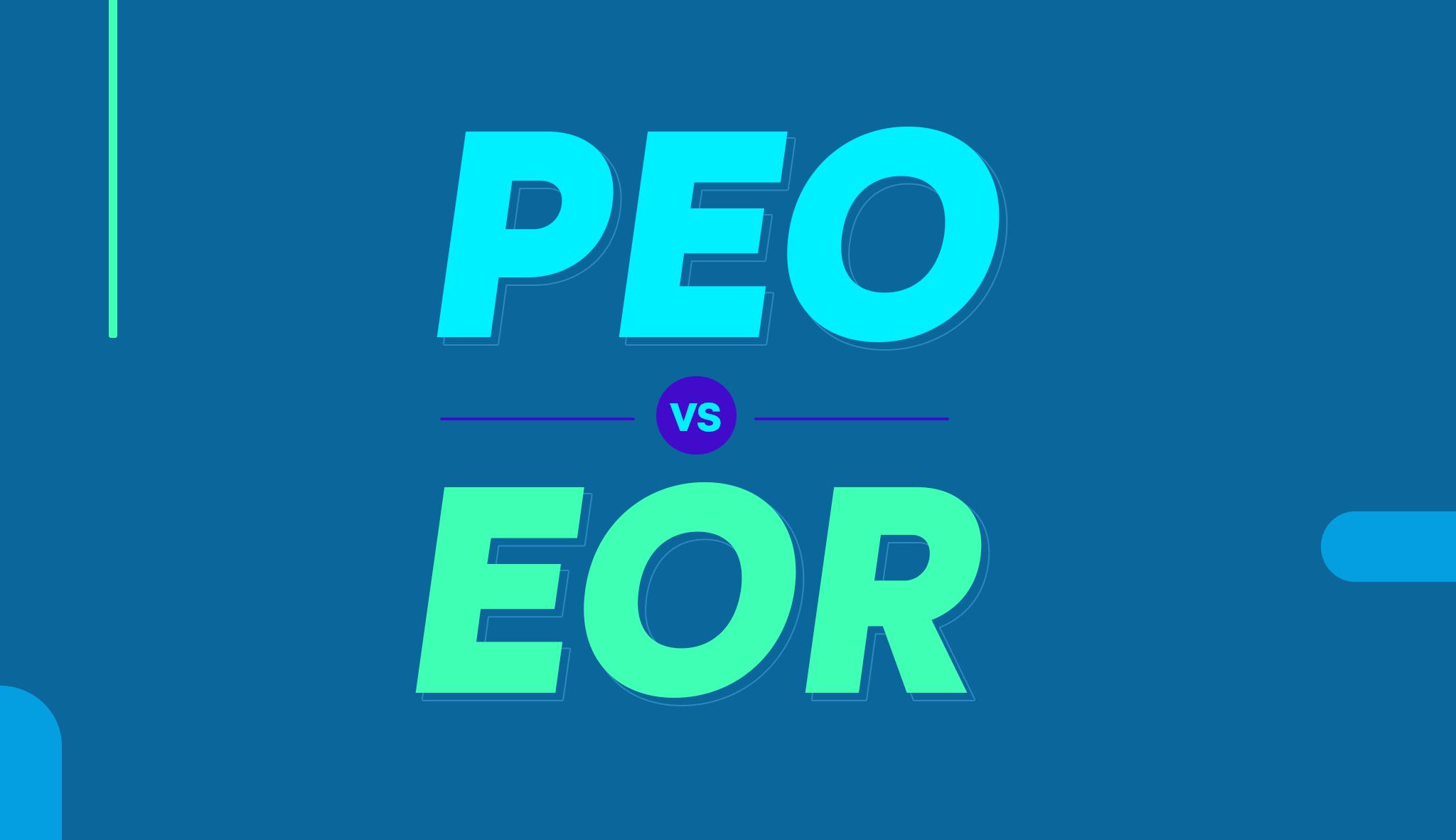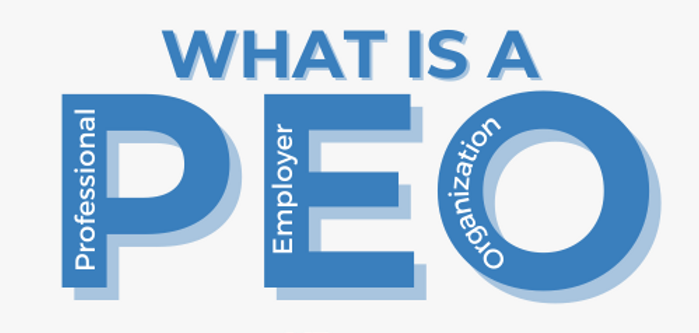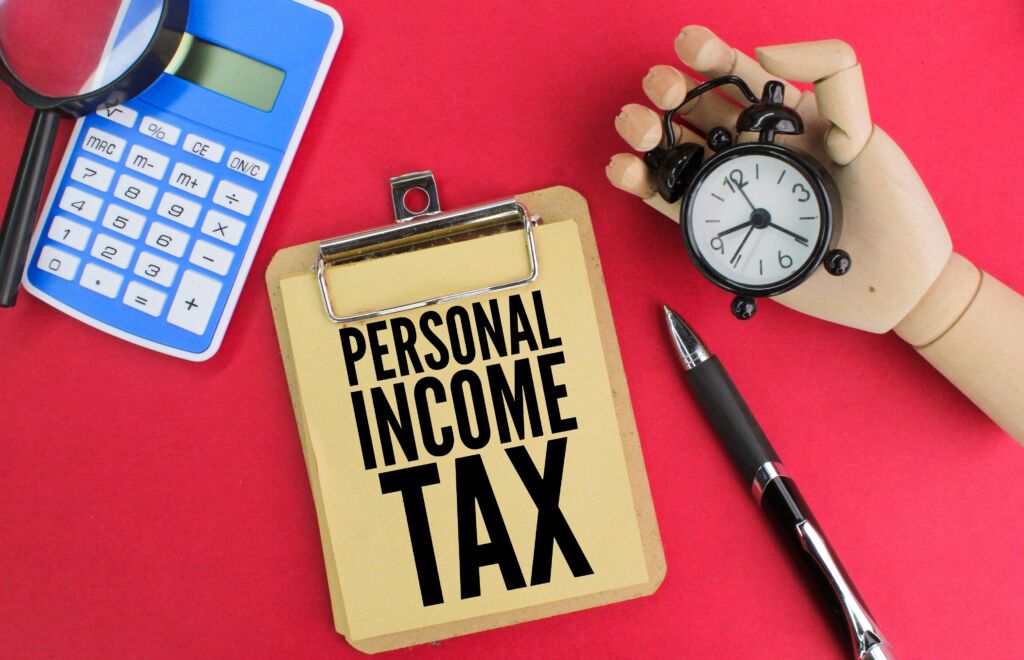Table of Contents
ToggleEmployment Contracts in Vietnam: An Overview
In Vietnam, a legally binding employment contract defines the terms and conditions of the relationship between a foreign investor (as the employer) and a Vietnamese worker (as the employee). The Vietnamese Labor Code places a strong emphasis on written contracts. While verbal agreements are permitted for very short-term work, they carry significant risks for investors. In the event of a dispute, proving the terms of a verbal agreement is extremely difficult.
Forms of Employment Contracts
- Written Requirement: Employment contracts must be in writing, with each party retaining a copy. Electronic contracts are permissible if they comply with Vietnam’s laws on electronic transactions.
- Verbal Agreements: Allowed only for work durations of less than one month. Exceptions exist for certain categories of workers, requiring written contracts regardless of the term length.
Types of Employment Contracts
The Vietnamese Labor Code outlines three primary types of employment contracts:
- Indefinite Term: These contracts offer stability, as they have no fixed end date. They are typically used for permanent positions within the company.
- Definite Term: These are time-limited with a maximum duration of 36 months. Specific rules govern their renewal. Consider these for project-based work or when you wish to have a trial period before offering a longer-term commitment.
- Seasonal or Project-Based: If your business needs fluctuate, these contracts may be appropriate. They are linked to specific seasons or the completion of a defined project.
Prohibited Acts by Employers
To ensure a fair and compliant workplace, it’s essential to be aware of practices prohibited by Vietnamese labor law. These include:
- Discrimination: In job listings, hiring decisions, and the treatment of employees based on ethnicity, gender, religion, etc.
- Demanding Deposits: Employers cannot require employees to provide a monetary deposit as a condition of employment.
- Withholding Documents: It’s unlawful to withhold an employee’s original identity documents (passport, ID card, etc.).
- Unlawful Penalties: Employers cannot arbitrarily impose financial penalties or withhold wages without clear grounds outlined in the Labor Code.
Primary Contents of Employment Contracts
The Vietnamese Labor Code mandates the inclusion of specific elements in all employment contracts:
- Job and Workplace: A clear description of the employee’s duties and their usual place of work.
- Wages: The base salary, any allowances, bonuses (if applicable), and how payment will be made (cash, bank transfer, etc.).
- Contract Term: Specifies whether the job is for a definite period (with a fixed end date) or indefinite (ongoing).
- Working Hours & Rest Periods: Clearly state the regular working hours per day/week and entitled breaks.
- Social Insurance: Acknowledge participation in Vietnam’s mandatory social insurance scheme (covers health, old-age benefits, etc.).
- Occupational Safety & Hygiene: State the employer’s responsibility to provide a safe and healthy workplace.
Probationary Periods
Vietnamese law allows probationary periods to assess a new employee’s suitability. The maximum length depends on the job’s skill requirements:
- Up to 60 days for highly technical/managerial positions
- Up to 30 days for technical jobs
- Up to 6 working days for other jobs
Probation terms must be outlined in a written contract.
Managing Employment Complexities with an EOR
Navigating the complexities of Vietnamese employment law can be a challenge for foreign investors, especially those new to the market. An Employer of Record (EOR) service can be a valuable solution. Here’s how:
- EORs as the Legal Employer: An EOR becomes the official employer of your Vietnamese workforce, handling contracts, payroll, benefits compliance, and all HR-related administration.
- Reducing Your Liability: By using an EOR, your company minimizes its direct exposure to potential non-compliance issues under Vietnamese law.
- Focus on Growth: EORs free you to focus on your core business strategies while ensuring your workforce is managed expertly and in full legal compliance.
Important Note: Even with an EOR, foreign investors retain responsibility for defining job roles, setting salary expectations, and overall guidance of the work performed.
Understanding the essentials of employment contracts is crucial for success in Vietnam. Compliance builds trust while protecting your business interests. Consider consulting a Vietnamese labor lawyer for drafting contracts, and if the complexities feel overwhelming, explore reputable EOR providers to ease the burden.
Disclaimer: This blog post provides general legal information and is not a substitute for professional legal advice.













